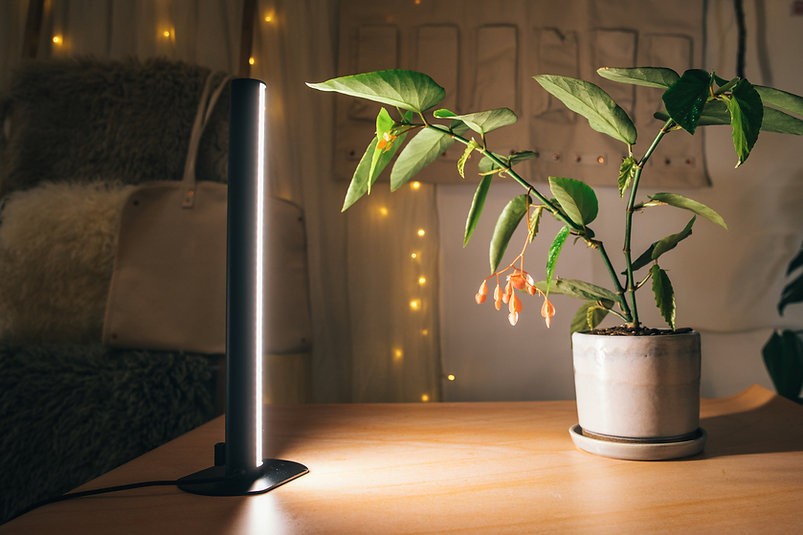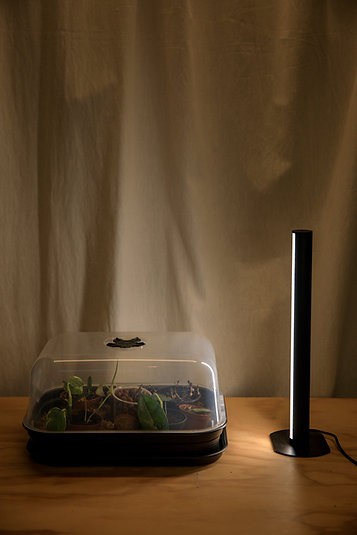.jpg)
Fittonia
$26.09 AUD
Approx $18.26 USD
Approx $18.26 USD
.jpg)
Fittonia albivenis White, is commonly referred to as Nerve Plant. Its deep, olive-green, ovate foliage can reach up to 4" long and has contrasting white veins. The upright inflorescences can reach up to 3" long are made up of densely packed bracts. Small, creamy white, tubular flowers are held between the bracts. The genus name honors the sisters Elizabeth and Sarah Mary Fitton, authors of Conservations on Botany. The specific epithet albivenis means "with white veins", in reference to the color of the leaf veins of this species. Provide bright indirect light or dappled part sun. Avoid direct sun. Water regularly, but moderately. Showcase its trailing habit spilling from edge of containers and hanging baskets indoors, can also be grown as a ground cover outdoors in temperate climates.
The product may be provided by a different brand of comparable quality.
The actual product may vary slightly from the image shown.
Shop amazing plants at The Node – a top destination for plant lovers

























.jpg)
















































ulva-Logo.jpg)
